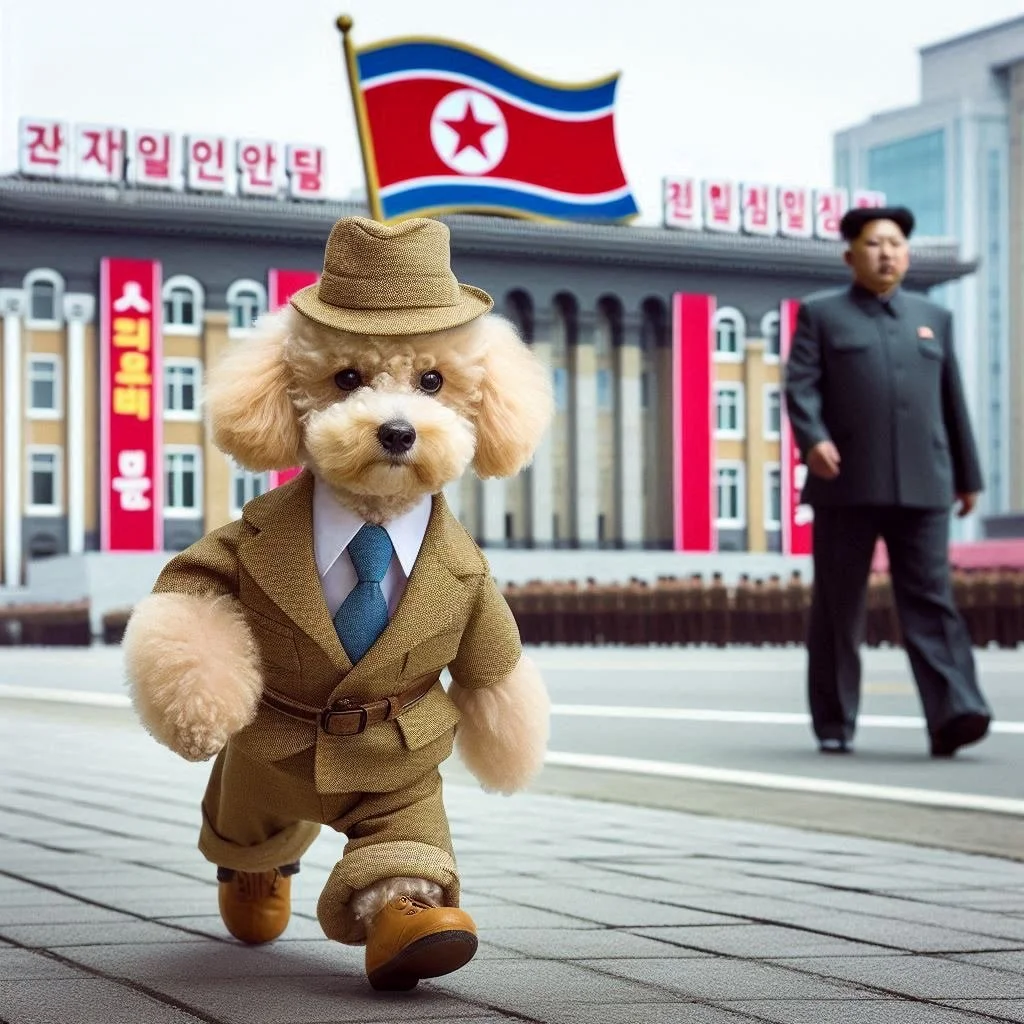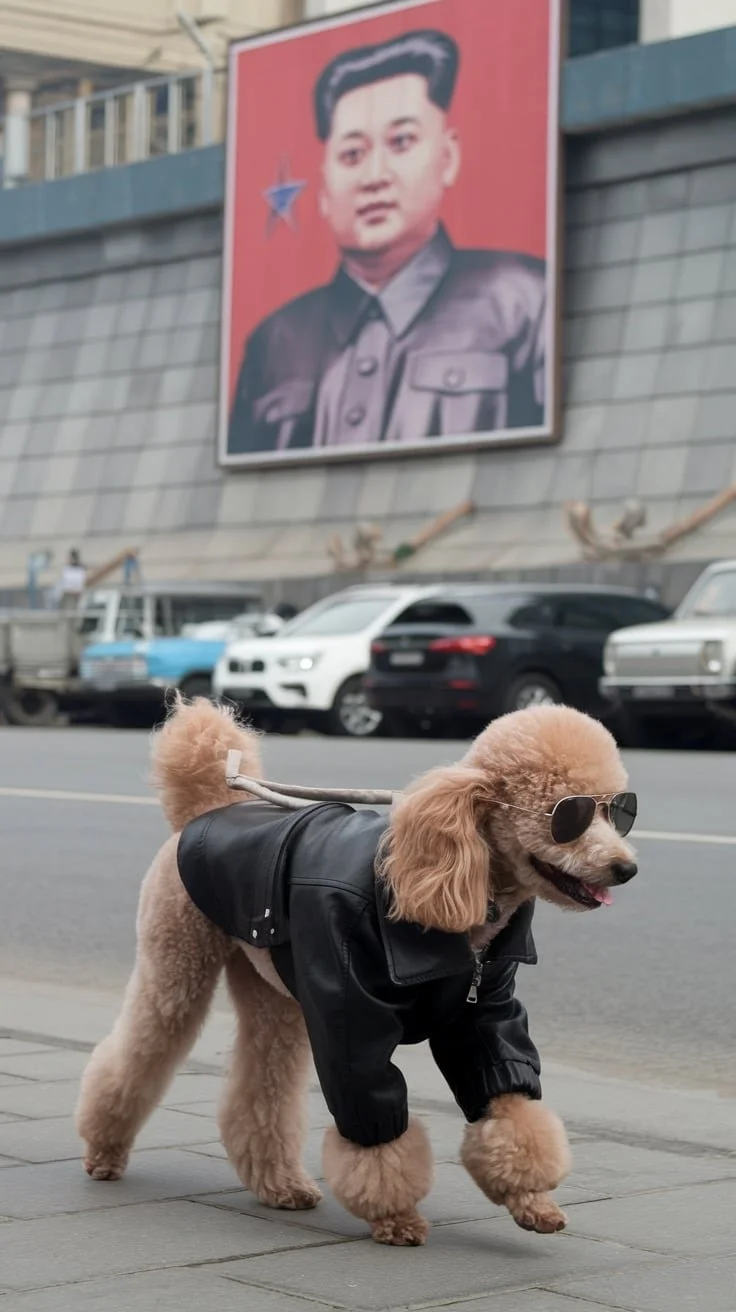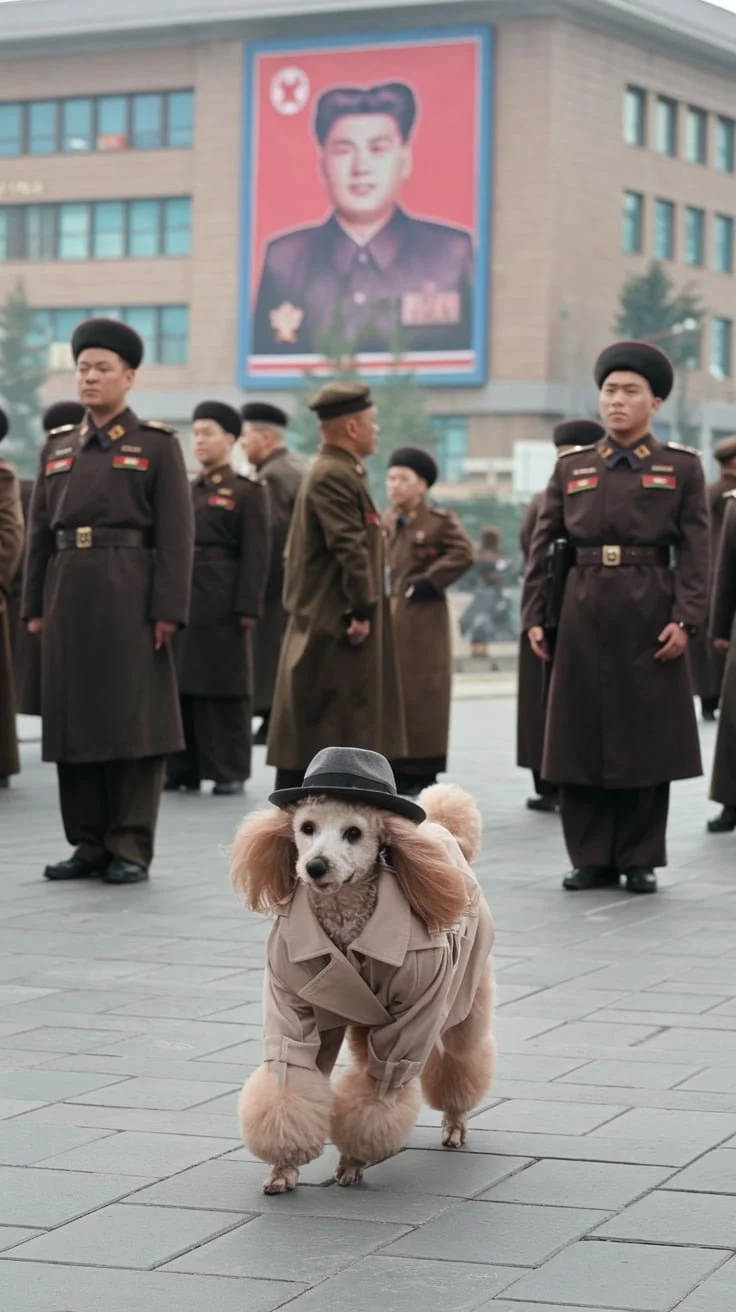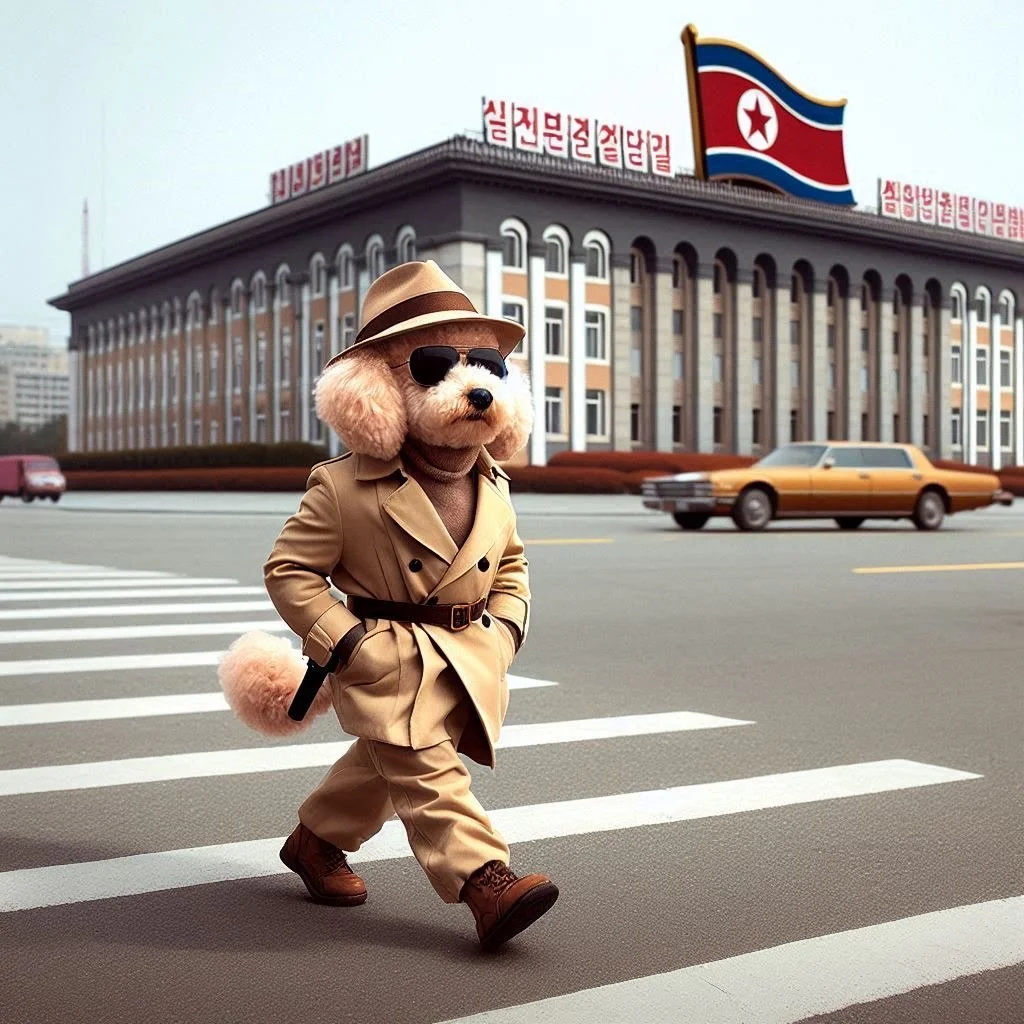FLOSSI IN NORTH KOREA
The personal and historical links between the Communist leadership in China and North Korea are deeply rooted in their shared revolutionary history and strategic interests, particularly during critical periods like the Chinese Civil War and the Korean War. Here’s a detailed look:
Both Chinese and Korean Communists emerged from anti-imperialist struggles against Japan. During the Second Sino-Japanese War (1937–1945), many Korean revolutionaries, including Kim Il-sung, fought alongside Chinese Communist forces in Manchuria.
Kim Il-sung and other Korean Communists were active in anti-Japanese guerrilla warfare in Manchuria, collaborating with Chinese Communist leaders like Mao Zedong. This created personal bonds between Korean and Chinese revolutionaries.
After World War II and Japan's defeat, the Chinese Communist Party (CCP) supported Korean Communists as both sought to consolidate power in their respective territories. During the Chinese Civil War (1945–1949), North Korea provided logistical support and sanctuary to Chinese Communist forces.
North Korea’s invasion of South Korea in 1950, with the goal of reunifying the peninsula under Communist control, prompted the U.S.-led UN intervention.
When UN forces pushed North Korean troops close to the Chinese border, China intervened militarily, sending hundreds of thousands of troops (the Chinese People’s Volunteer Army) to support North Korea.
The Korean War forged a “blood alliance” between China and North Korea. Chinese soldiers fought and died in large numbers to defend North Korea, deepening the relationship between Kim Il-sung and Mao Zedong.
For China, North Korea serves as a buffer state against U.S. military presence in South Korea and Japan. This strategic interest has reinforced their alliance beyond personal ties.
Under Xi Jinping and Kim Jong-un, the relationship has fluctuated, with moments of tension over North Korea’s nuclear ambitions and China’s role in enforcing international sanctions.






